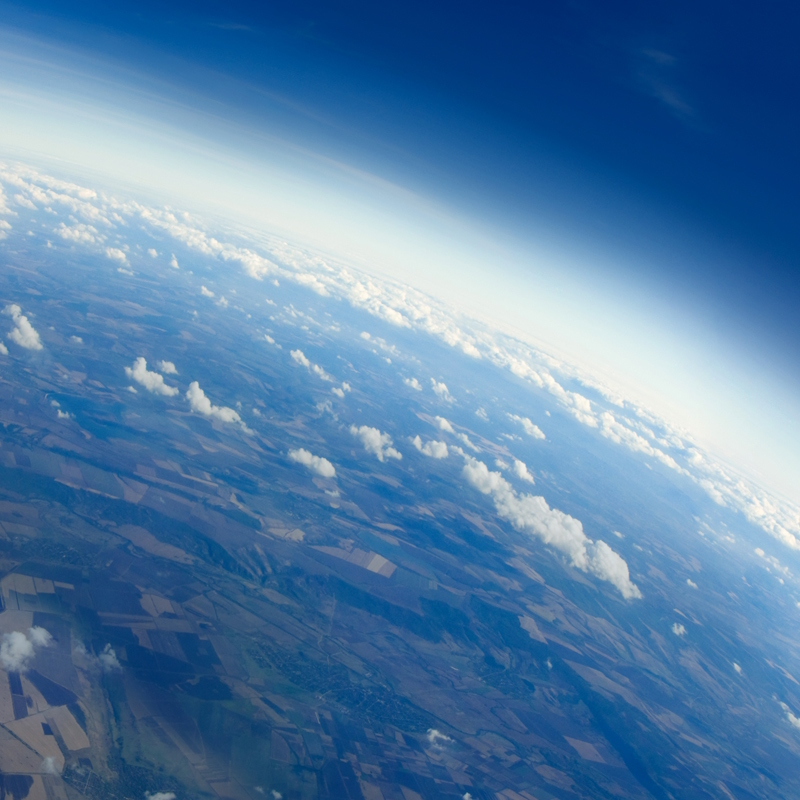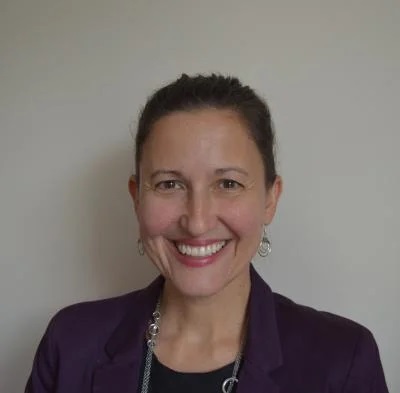Over the next year, the Royal Society and AAAS will be consulting widely ahead of a planned update of New Frontiers in Science Diplomacy in time for its 15th anniversary in 2025. As part of this process, we want to hear from you.

In 2010, the Royal Society and American Association for the Advancement of Science (AAAS) published New Frontiers in Science Diplomacy, which laid out a framework for science diplomacy with three pillars: science in diplomacy, diplomacy for science, and science for diplomacy. Since the publication of this influential report, the concept of “science diplomacy” has spread rapidly through the international scientific community. High-profile conferences and training programs have centered around the concept, international scientific leaders and high-level diplomats use the term regularly, and many countries have adopted strategies for national science diplomacy.
Fourteen years later, this conceptual framework now reflects the time it was written: the early days of the Obama administration in the United States, the transition from Labour to a coalition government in the U.K., and arguably calmer, more constant geopolitical context. Since then, we have seen governments across the globe becoming increasingly polarized and less stable, with a rise in nationalist politics. The landscape where science and diplomacy meet is now more volatile, evidenced by armed conflicts in the Middle East and Ukraine that have regional and global consequences.
Our 2010 report was also framed in an era of increasing scientific cooperation. Since then, government leaders in major scientific nations have grown more concerned with research security and the potential vulnerability of an open global science system. Nations that once embraced broad scientific collaboration are now skewing toward distrust and competition. The risk of increased polarization, authoritarianism, and distrust in science is not hypothetical; it is a reality.
Many of the basic principles behind the framework—such as the use of science as a tool of “soft power” to improve international relations—are more important than ever in this evolving, more complex context. However, the changed context also calls for the Royal Society and AAAS to update our framework.
That is why, over the next year, the Royal Society and AAAS will be consulting widely ahead of a planned update of New Frontiers in Science Diplomacy in time for its 15th anniversary in 2025. As part of this process, we want to hear from you.
In 2024, we aim to foster an open, inclusive conversation on the role of science diplomacy in this changing geopolitical environment. We want to encourage discussion on diverse topics, including examples of present-day science diplomacy, what role large-scale research infrastructures can have in science diplomacy, how science diplomacy can be a tool to more effectively manage and govern global commons (spaces that span national borders and even include space itself), and how science can be used as a mechanism of engagement especially when formal relationships between countries are strained or severed.
We also want to drive a conversation about the changing implications of science diplomacy in this rapidly evolving context; some of the less discussed consequences of science diplomacy; the uses and occasional abuses of science diplomacy by national, subnational, and non-state actors; and what happens when scientific and national interests are not aligned.
This conversation will be led with transparency and the acknowledgment that different countries, even leading S&T nations, may not share the same scientific values or guiding norms. Furthermore, relations between major superpowers may be competitive, with science and technology at the center of such competition. And conflict between countries – for any reason – can alter collaborations between nations and have consequences for the global scientific enterprise.
Over the next year, we will seek out feedback from a wide variety of science diplomacy stakeholders by holding meetings with international scientific and diplomatic leaders, and presenting at international meetings. We hope to see many of you at these events. Moreover, we are excited to announce a special issue of Science & Diplomacy focused on “Science Diplomacy—15 years on.”
For the issue, we are seeking perspectives from a broad group of science diplomacy stakeholders. That includes scientists working at the intersection of science and foreign policy and diplomats working in science, technology, and innovation. But we also want to hear from stakeholders working in technology companies, state or local government, and non-governmental organizations.
Please find relevant information, including details on how to contribute and the publication process.
The world has changed dramatically in the past decade and a half, and we now face an array of complexities and challenges unimaginable during the drafting of the original report. However, as in 2010, this is a time of great opportunity, and a call for strengthened—not weakened—science diplomacy efforts. To do that, we need a revised New Frontiers in Science Diplomacy. We are optimistic that, working together, we can meet this moment. We look forward to being on this journey together, so please reach out to us and consider contributing to this special issue of Science & Diplomacy.



